Farmers around the Kasigau Corridor Grow and Sell Seedlings to Wildlife Works
With global warming becoming a more imminent threat, trees and other vegetation remain among our best defense mechanisms. Trees’ ability to absorb greenhouse gases emitted by automobiles, factories, and power plants result in a significant reduction in global climates.
As part of the Wildlife Works community empowerment programs, we encourage farmers around the Kasigau Corridor REDD+ Project to grow and nurture seedlings, which are then sold to our greenhouse team at an average price of ten shillings (12 cents) per seedling. These are then brought back to the Wildlife Works greenhouse facility to be grown until they reach a suitable size for replanting.
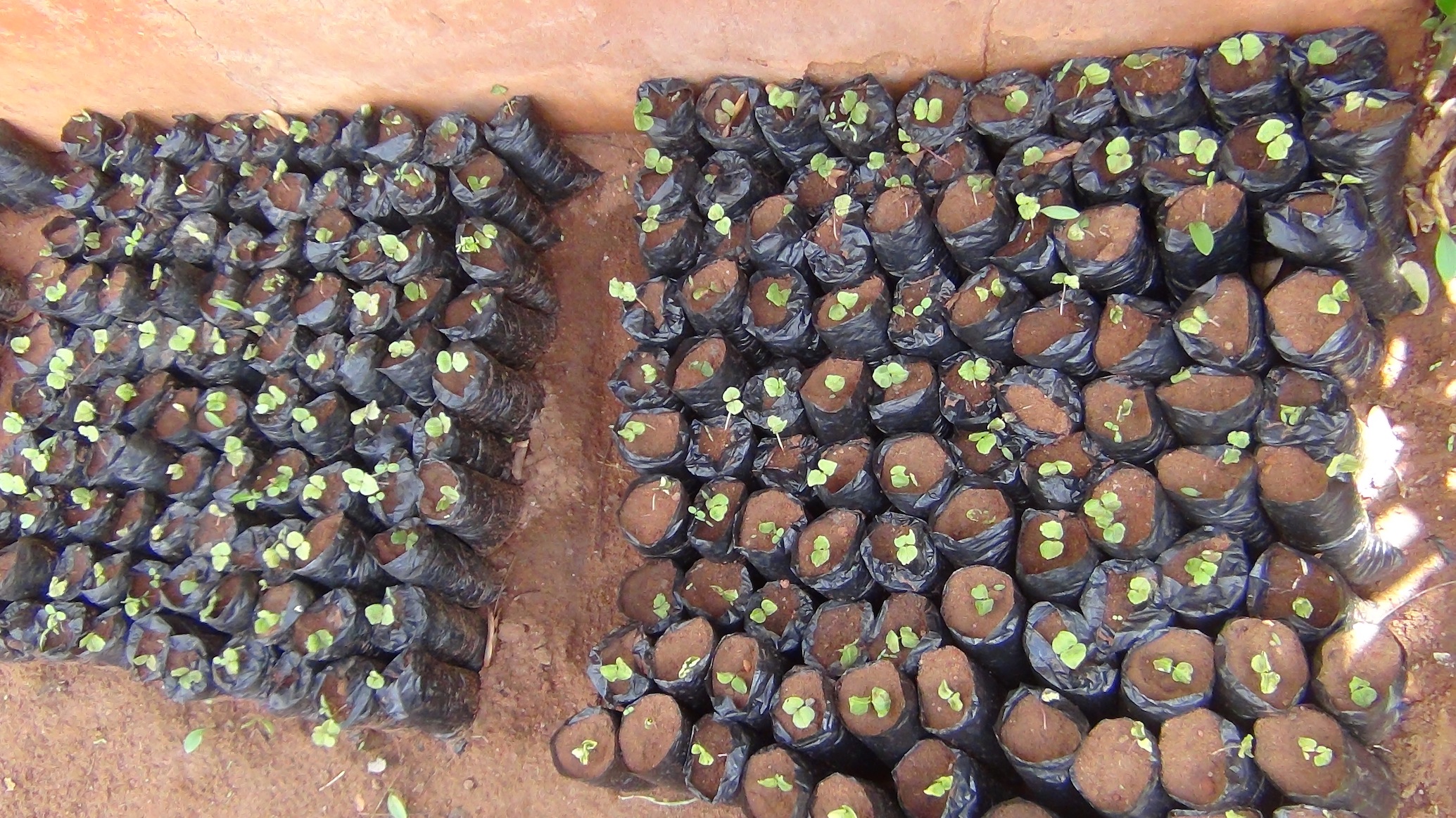
This seedling collection happens at the end of most rainy seasons, when the greenhouse team travels to all areas that border our Carbon Project area (Kasigau Corridor REDD+ Project) to purchase the seedlings from farmers. Led by greenhouse supervisor, Willy Kanyeki, the team hit the road in January and was able to purchase 25,000 tree seedlings valued at approximately $5,000 from 61 farmers around our project area.
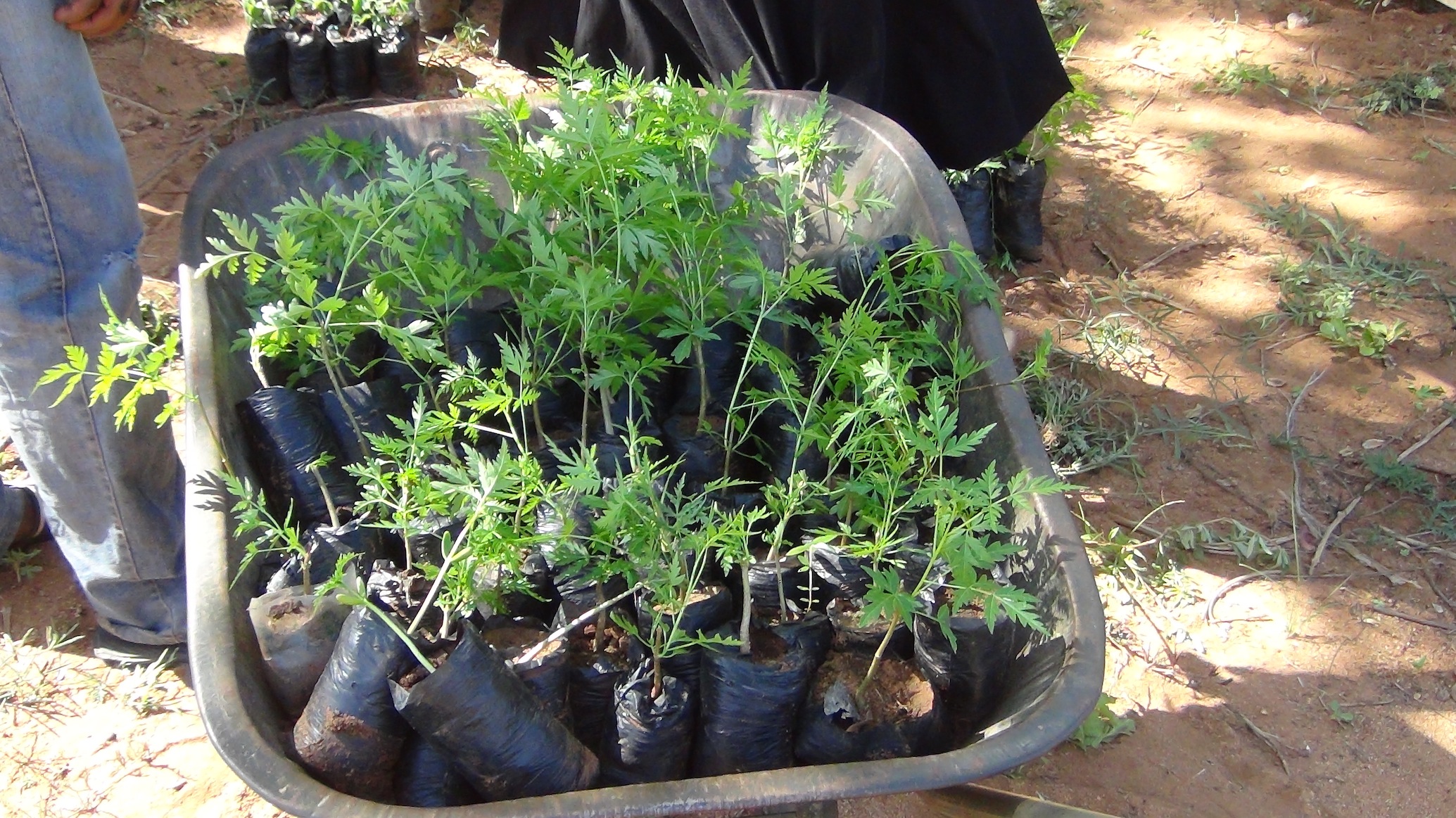
“We receive the tree seedlings when most of them are in a very poorly state,” Willy Kanyeki explains. “The first thing we do when we receive the tree seedlings is replant them with soil that has been nourished with manure. We prune the roots of the seedlings that have overgrown roots and also recondition all the seedlings to adapt to the harsh climatic conditions experienced here.”
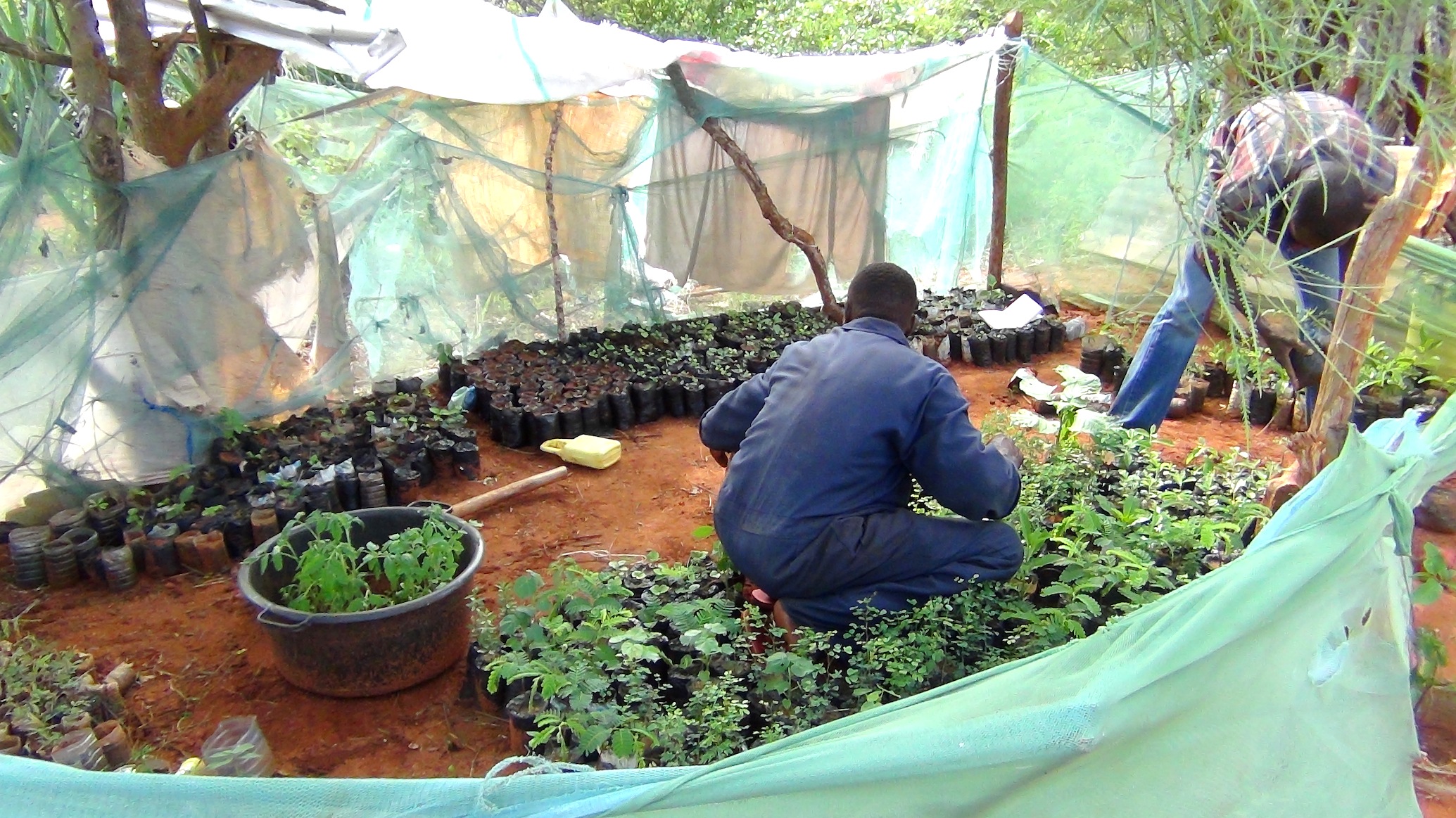
It is imperative that we collect seedlings from farmers during early stages, as this is when they are in critical need of large amounts of water that is not readily available to many farmers in the community. After the trees have been looked after for 9 to 10 months in the greenhouse, they are finally redistributed for free in schools, women’s groups, hospitals and to other interested members of the community for planting during the rainy season.
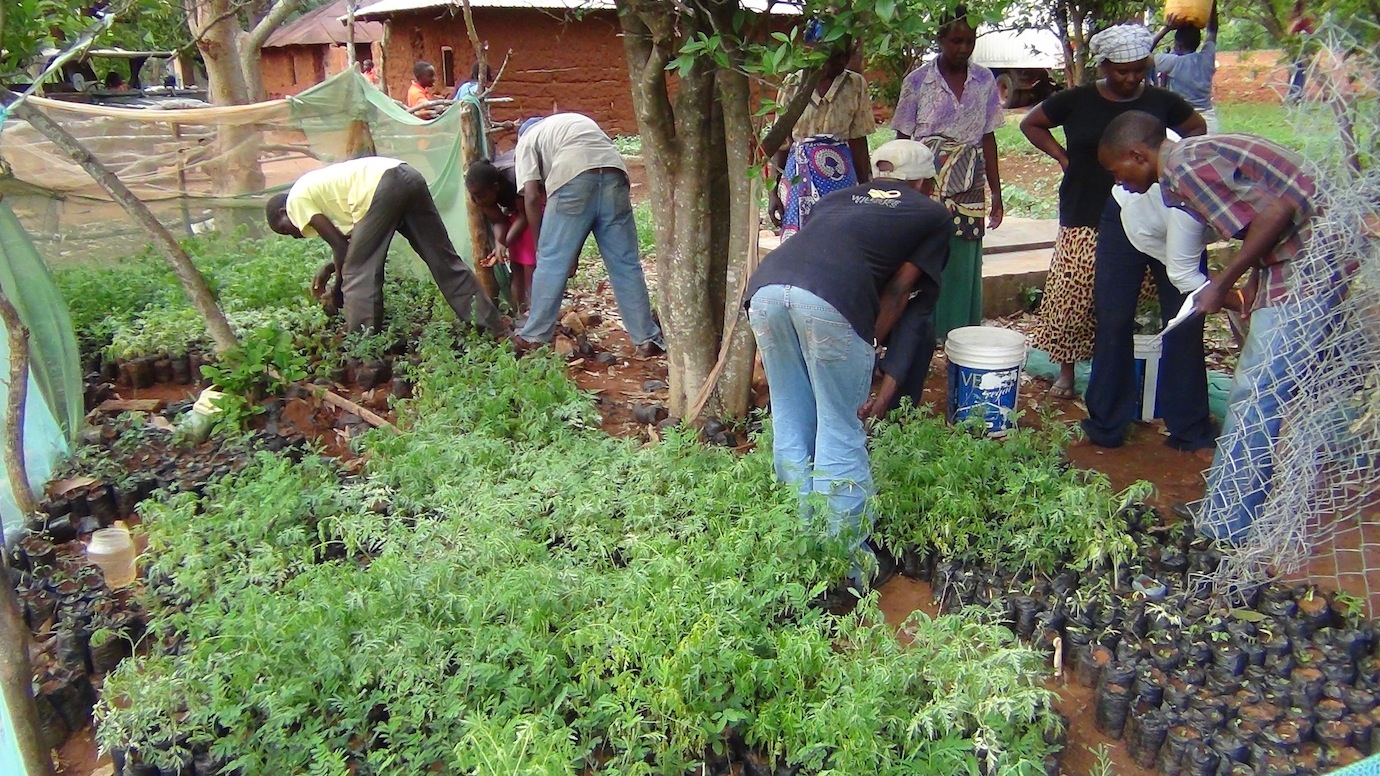
According to Kanyeki, the trees collected from the farmers indicate their full commitment to reforestation. “We have seen diversity in the species of saplings that the farmers invested in this time round. Most of the trees are the beautiful kind that have a bigger shade, and we believe that when we redistribute them for planting, the shade factor will motivate the caretakers to nurture them to maturity,” he says.
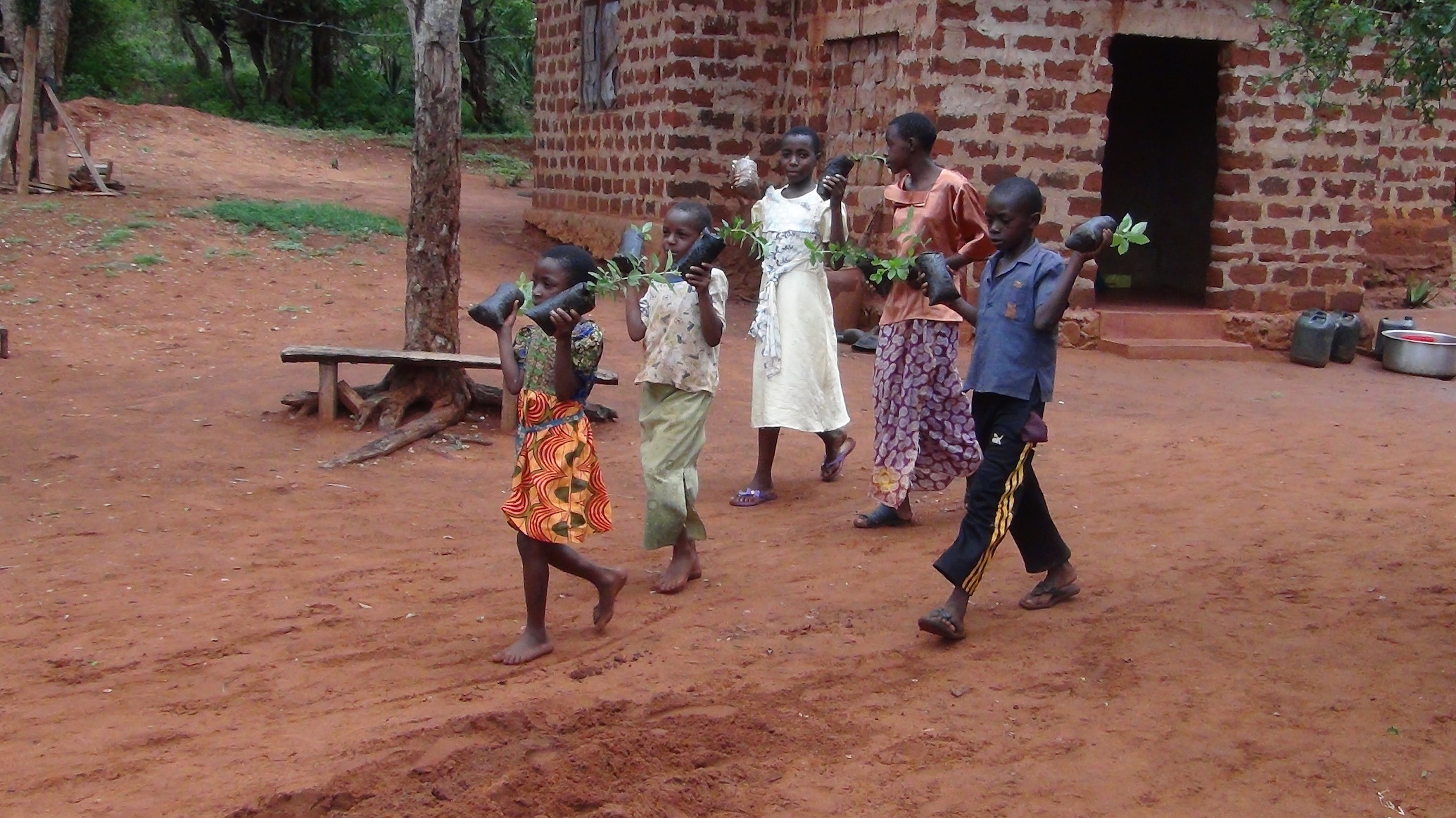
In a region as arid as the Kasigau Corridor, reforestation is having an increasingly positive impact on the community. The trees provide shade and cool the high temperatures in homes as well as preventing soil erosion from strong winds. Our process of buying tree seedlings, nurturing them, and dispersing them out for replanting, not only provides families around our project area with a supplementary source of income every year, but is also a vital aspect of Wildlife Works’ reforestation efforts.
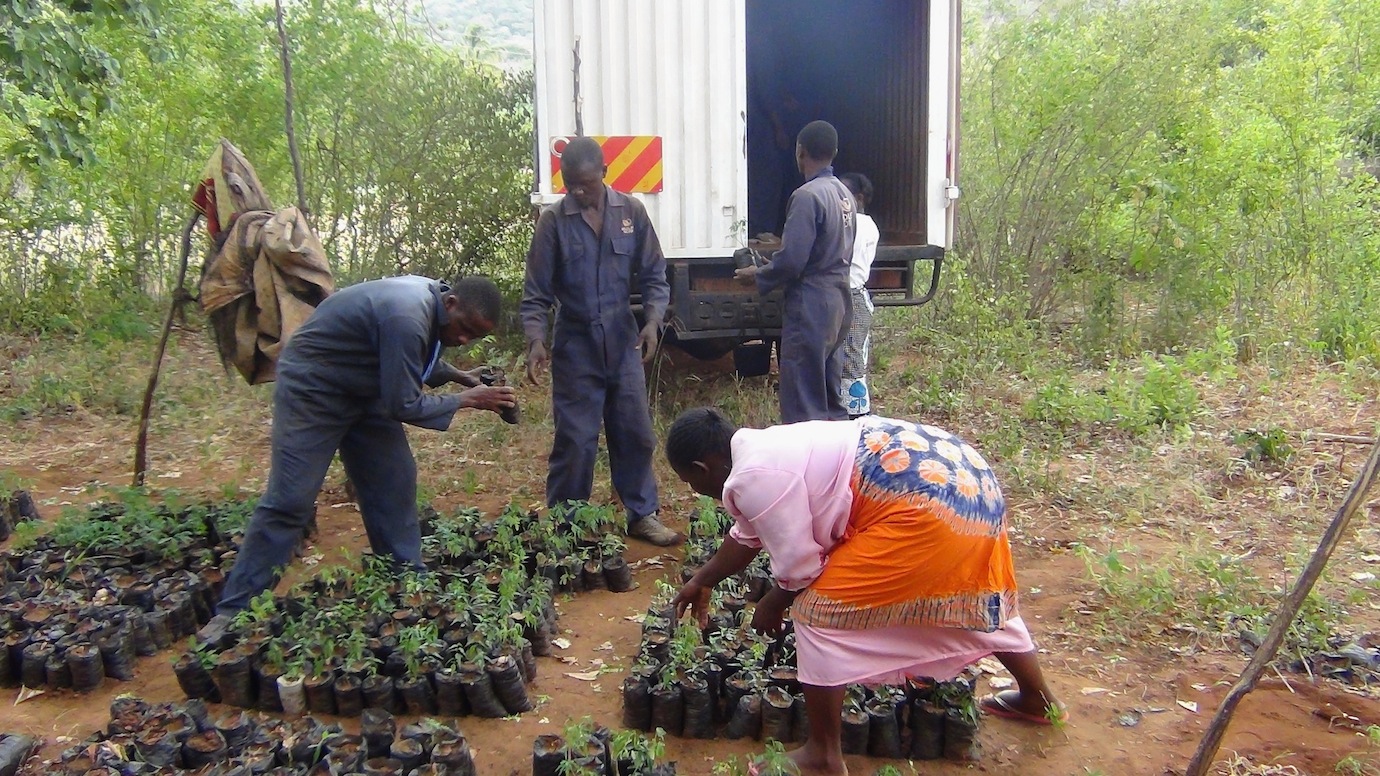
* * * * * * * * *
Wildlife Works is the world’s leading REDD+ (Reducing Emissions from Deforestation and Degradation), project development and management company with an effective approach to applying innovative market based solutions to the conservation of biodiversity. REDD+ was originated by the United Nations (UN) to help stop the destruction of the world’s forests.
Over a 15 year history Wildlife Works established a successful model that uses the emerging marketplace for REDD+ Carbon Offsets to protect threatened forests, wildlife, and communities.
The company helps local landowners in the developing world monetize their forest and biodiversity assets whether they are governments, communities, ownership groups, or private individuals.

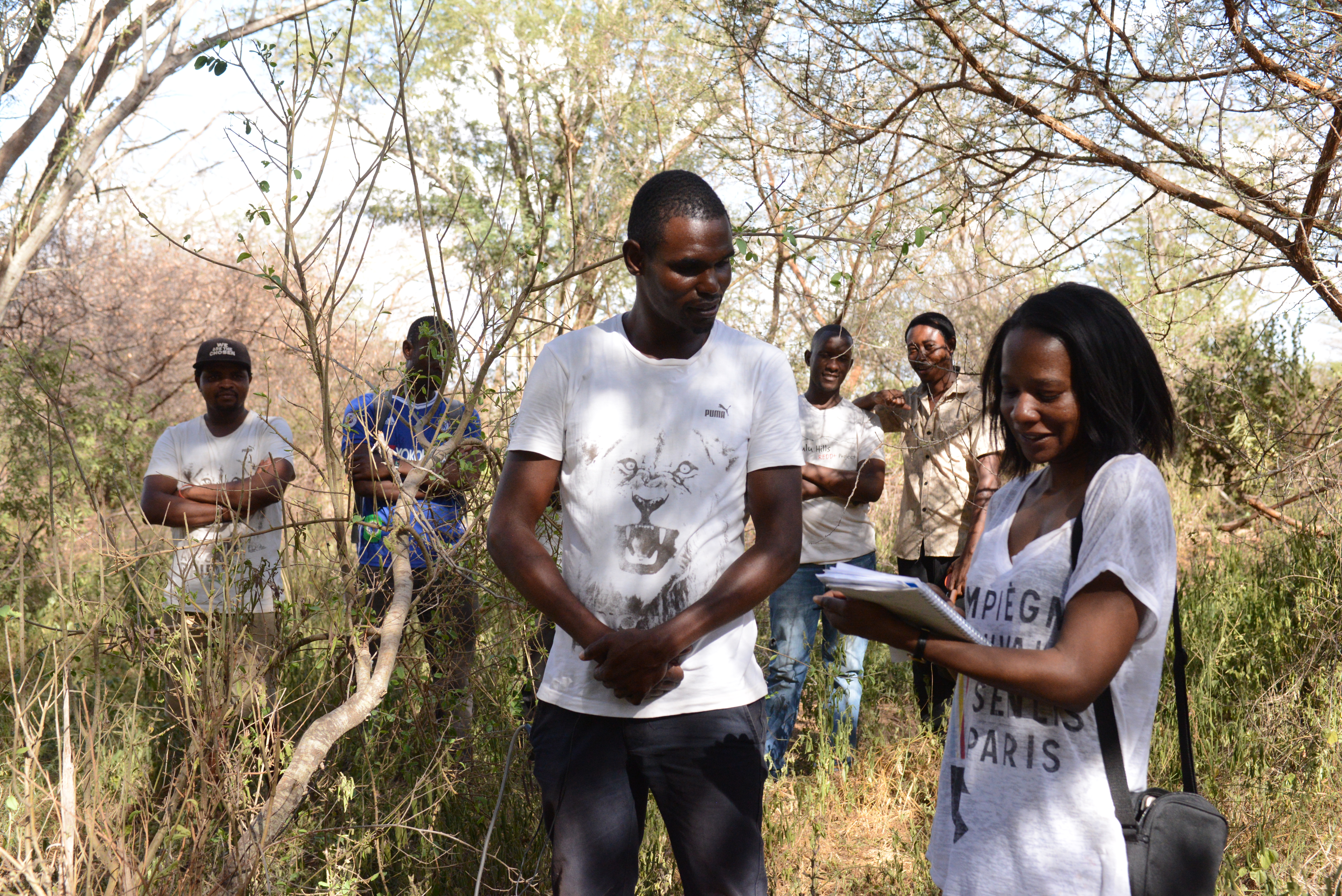
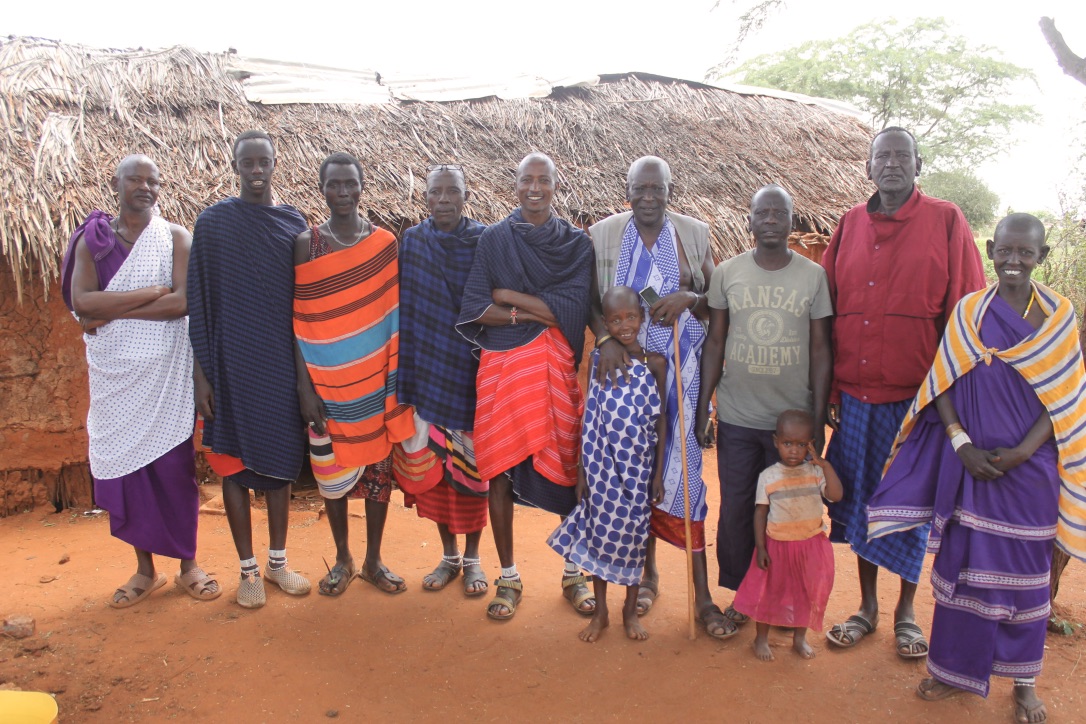
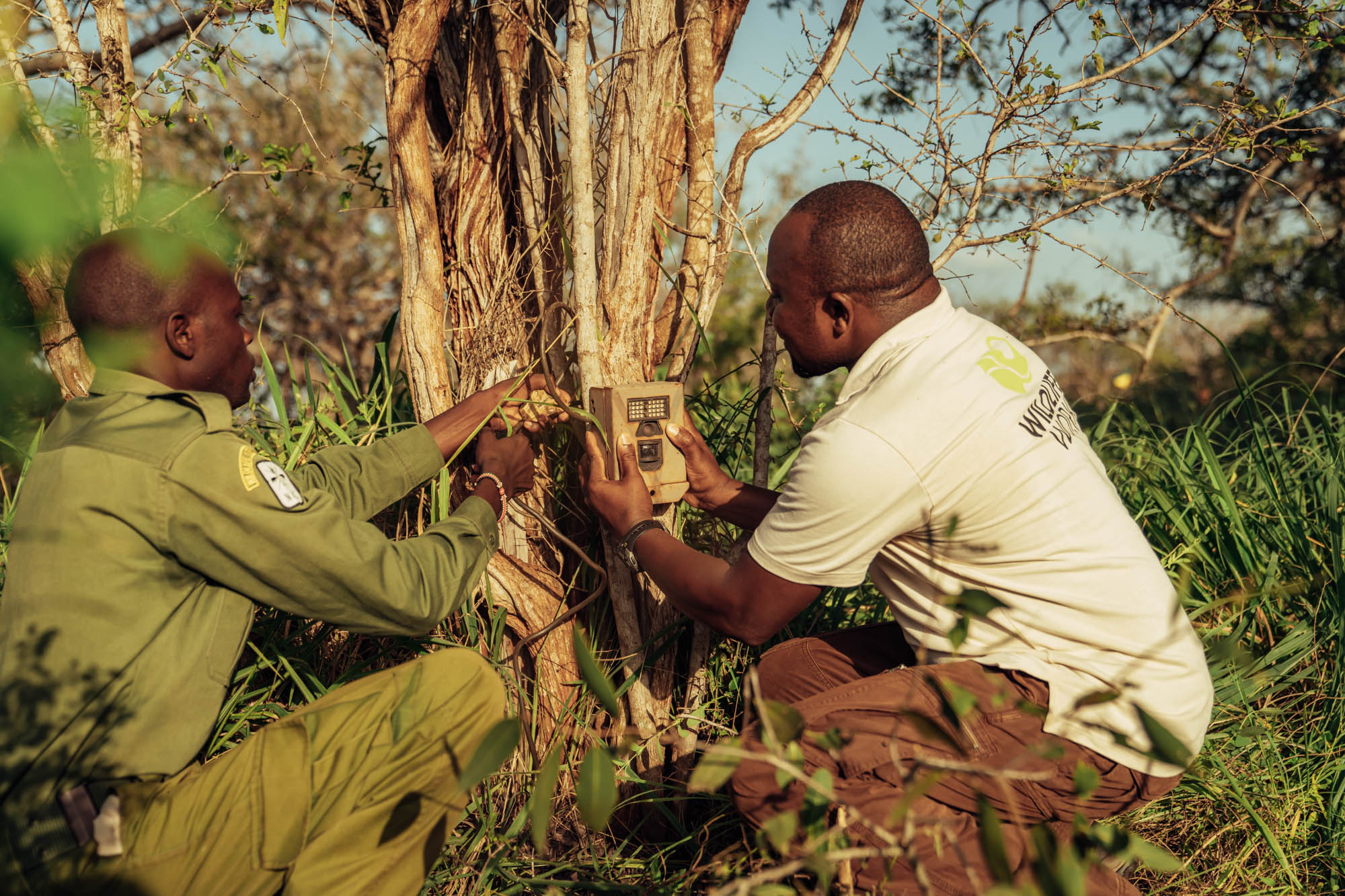
One Comment
Annastacia
I am a founder of an NGO-Green Households Initiatives,based in Machakos doing and doing projects mainly in machakos and makueni counties.
May you tell me how I can gain support from wildlife works to do a similar program in machakos and makueni.